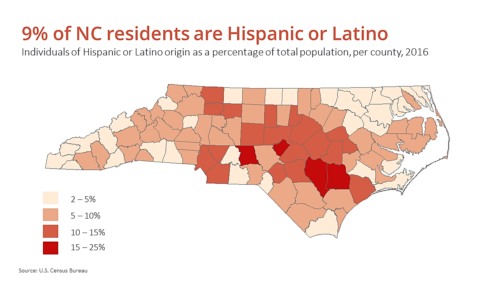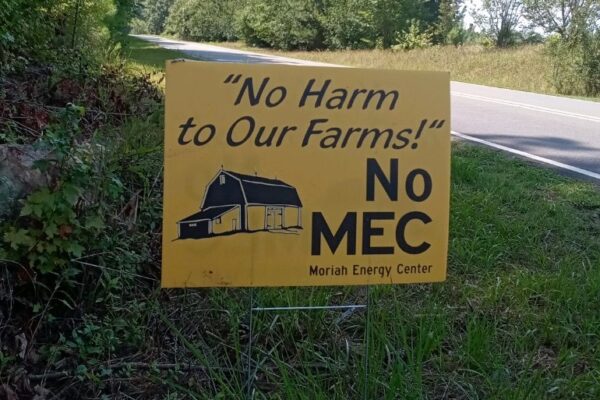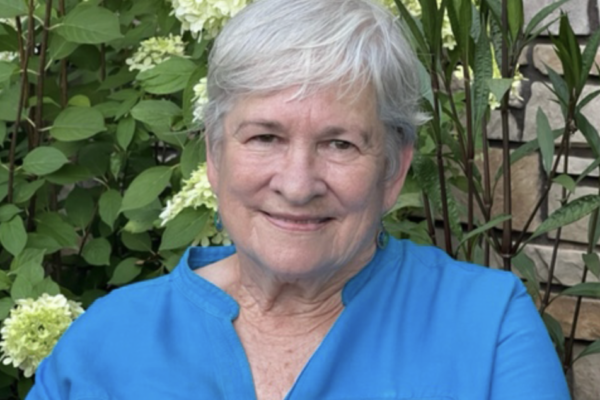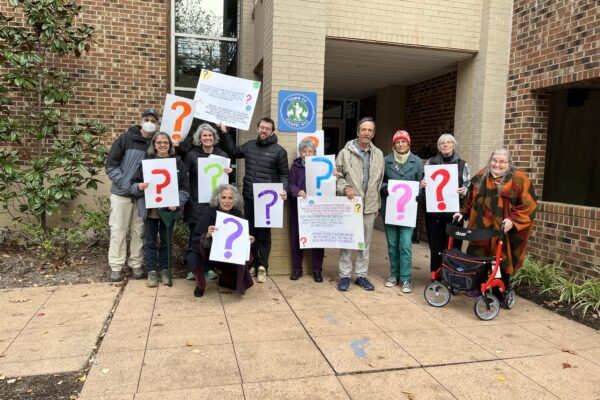North Carolina is home to over 1 million Hispanic or LatinX inhabitants. While it would be incorrect to assume this entire population only speaks Spanish, our findings during our Mobile Home Park drinking water canvas last summer proved that many residents across the state may not be receiving critical health and service information about their drinking water except in English.
The US EPA characterizes a public water system (PWS) as one that “provides water for human consumption through pipes or other constructed conveyances to at least 15 service connections or serves an average of at least 25 people for at least 60 days a year.” A Community Water System (CWS) provides water to the same population year-round. Public community water systems include municipal, city, and town utilities, as well as private, for-profit utility corporations.
Noting the large population, almost 10%, of Hispanic people living in North Carolina, we spoke with public community water systems serving large Spanish-speaking communities to understand how they provide critical water quality information to their customers.
Using US Census Bureau data, we identified 5 counties in NC with a Hispanic population greater than the state average

We then designed a utility questionnaire to better understand how and if community water systems in cities and towns within those counties provide important drinking water information, including Annual Water Quality report, in Spanish. Findings in this research highlight that while the majority of utilities that we spoke with do provide translated materials to their Hispanic customers, our state’s largest private for-profit utility, Aqua North Carolina, failed to do so, as did smaller Mobile Home communities.
To ensure non-English speaking communities are receiving equitable access to critical drinking water information, we’ll discuss our findings with NC DEQ Public Water Supply Section and provide recommendations to our state agency to ensure ALL North Carolinians understand potential health risks related to their drinking water.





